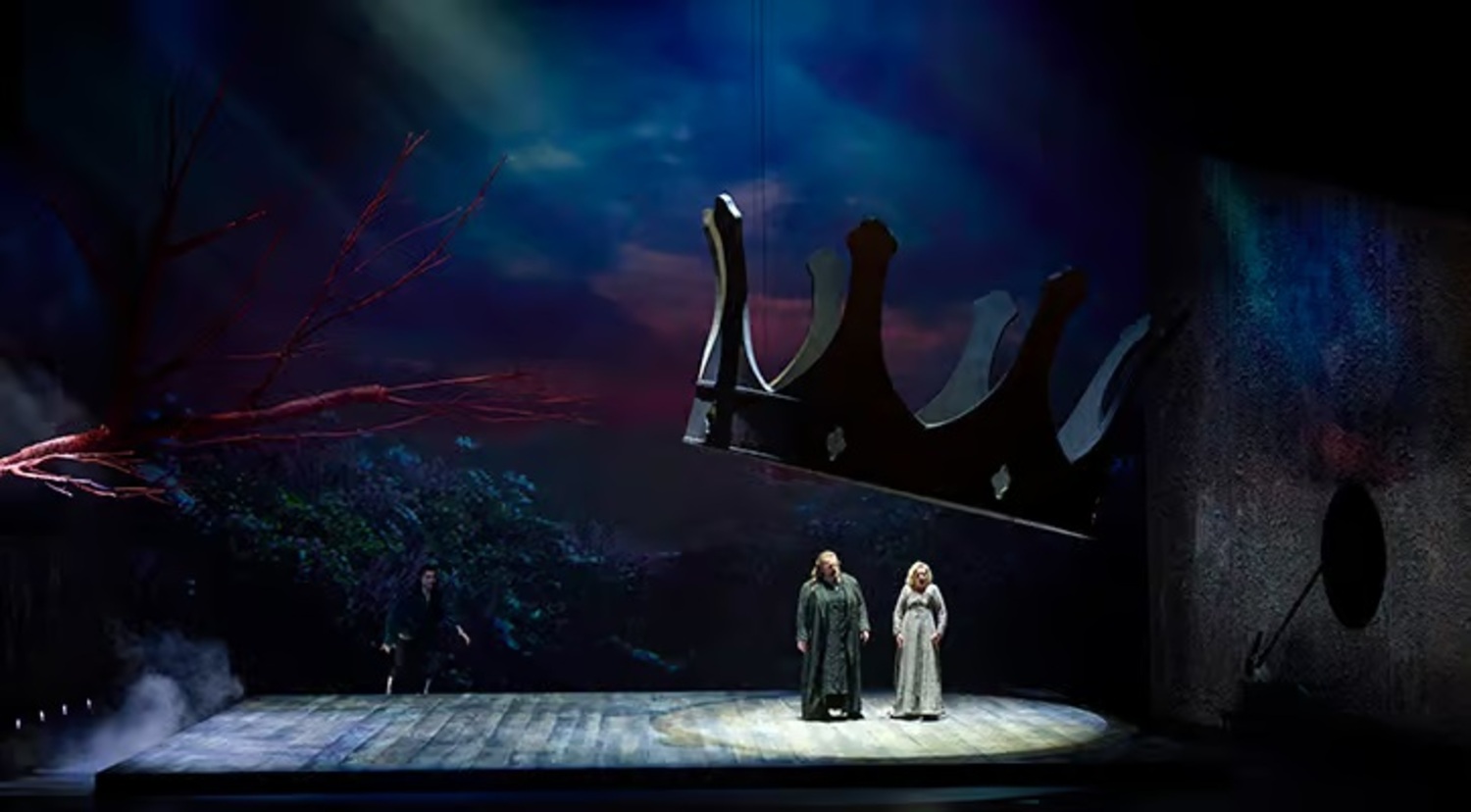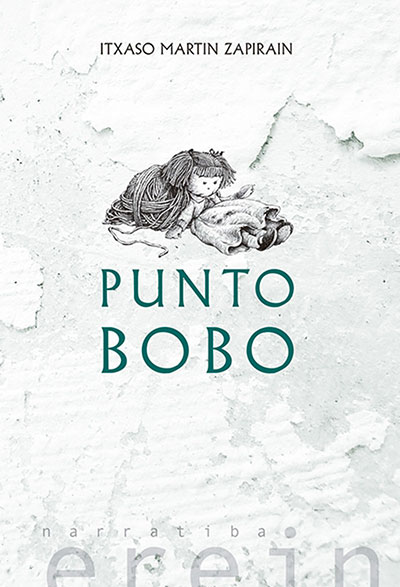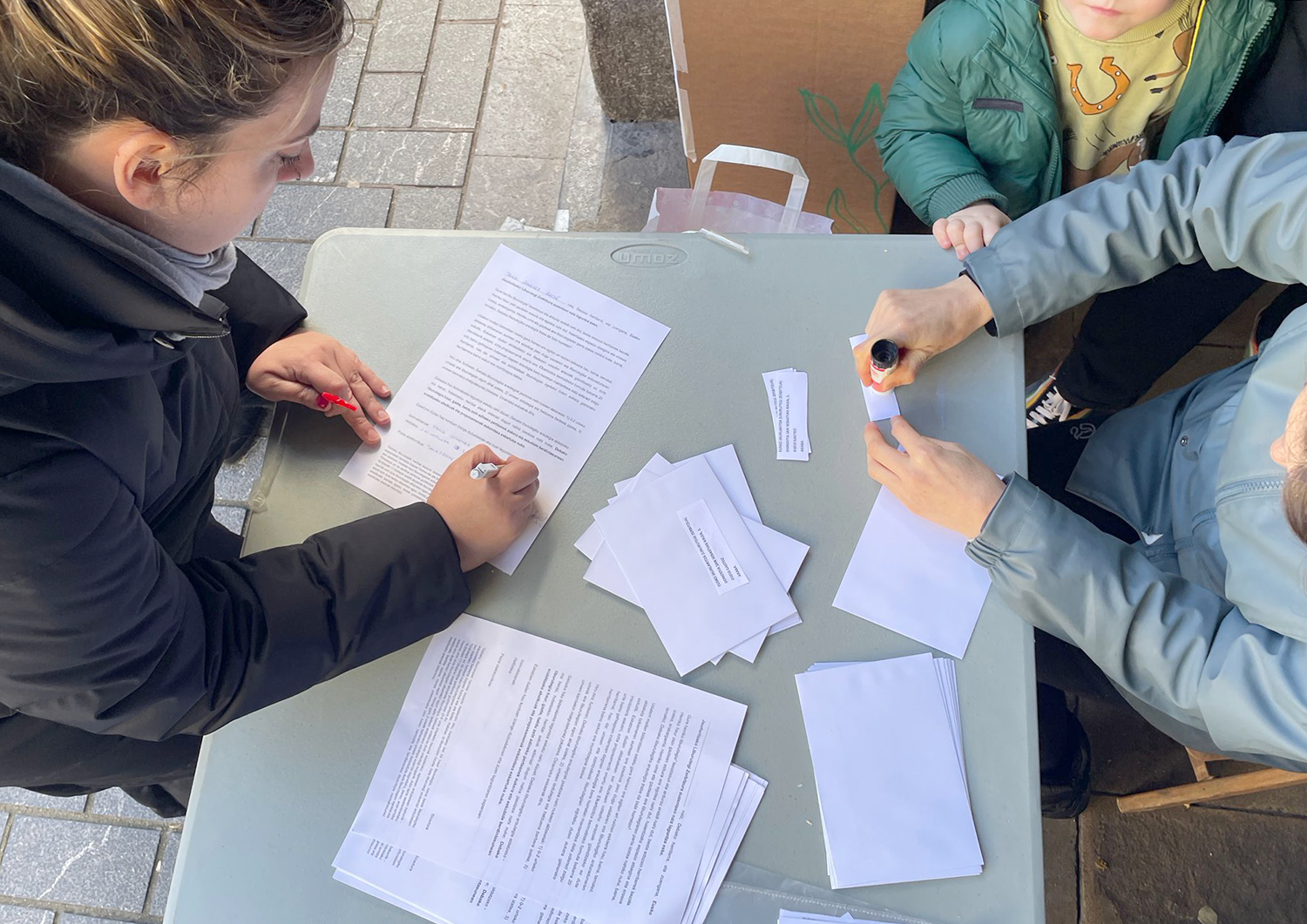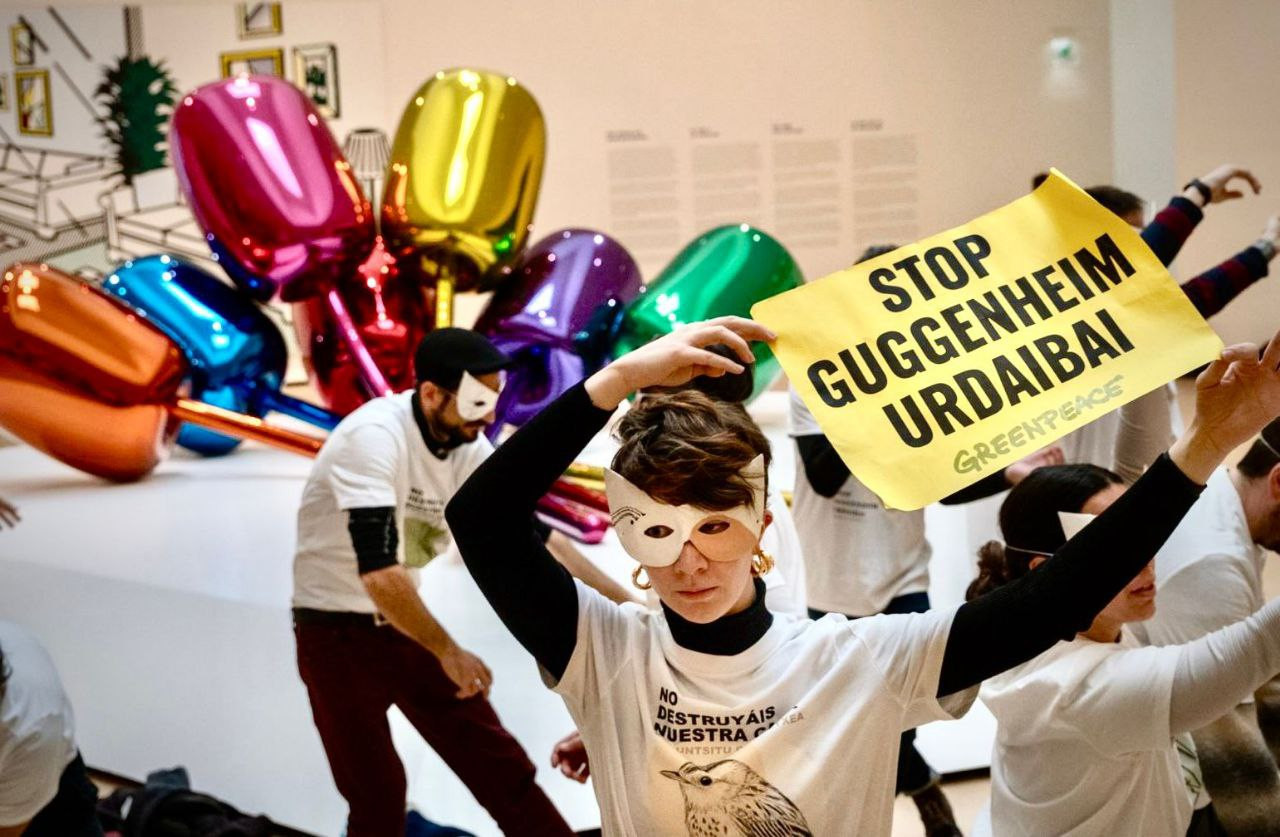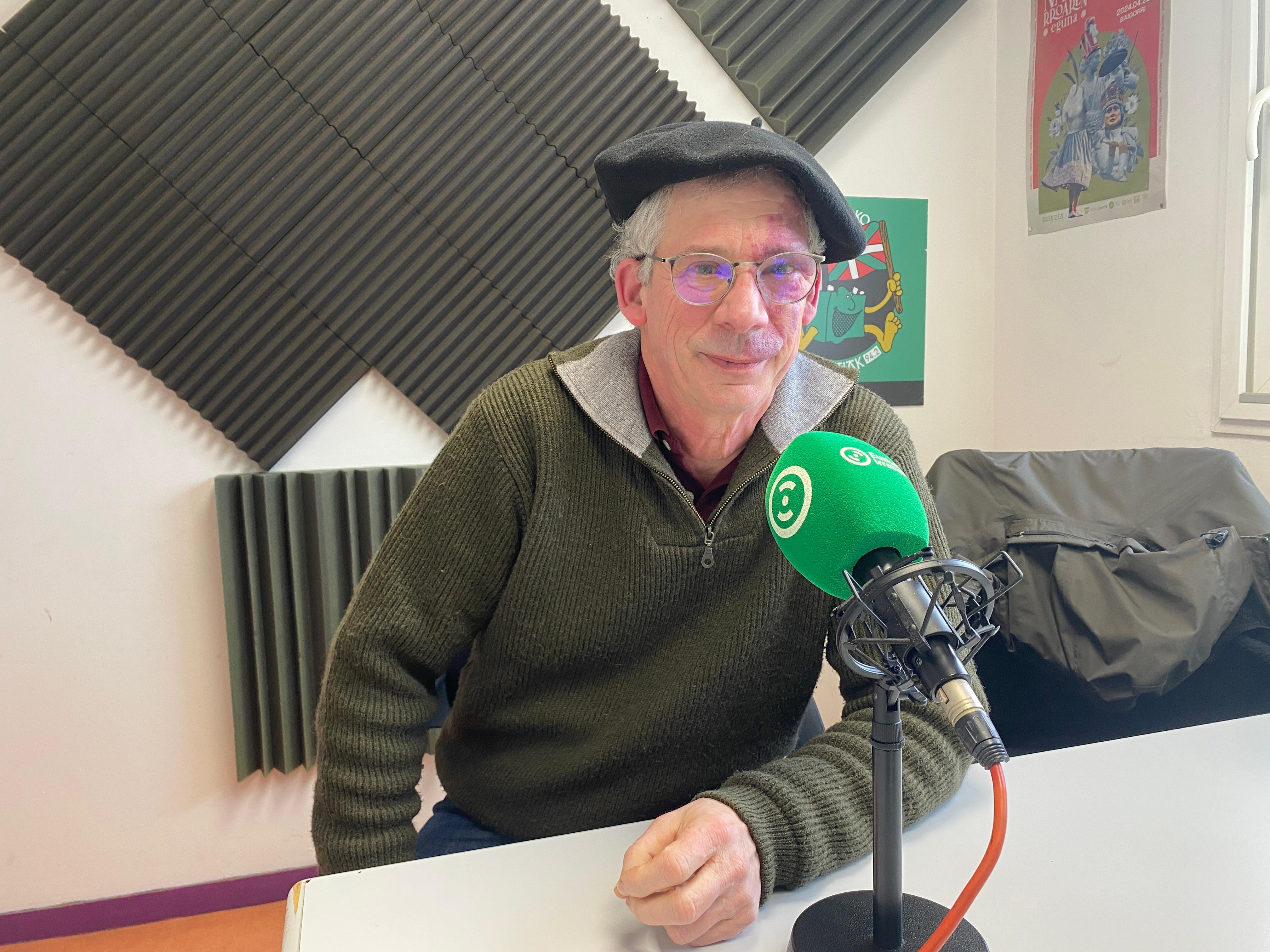The best is yet to come
- The Jimmy Jazz room in Vitoria-Gasteiz is now 15 years old. We often seek party, noise and encouragement for celebrations, but the room has opted for the opposite: to lower the tempo and open a space for reflection. There is no smoke without fire a round table cycle has been organized from October to November, on the four Mondays, to address the culture and the political and social issues that cross it: macrofestivities, art and politics, the Basque scene and artificial intelligence will be the main themes, and a dozen guests will participate.
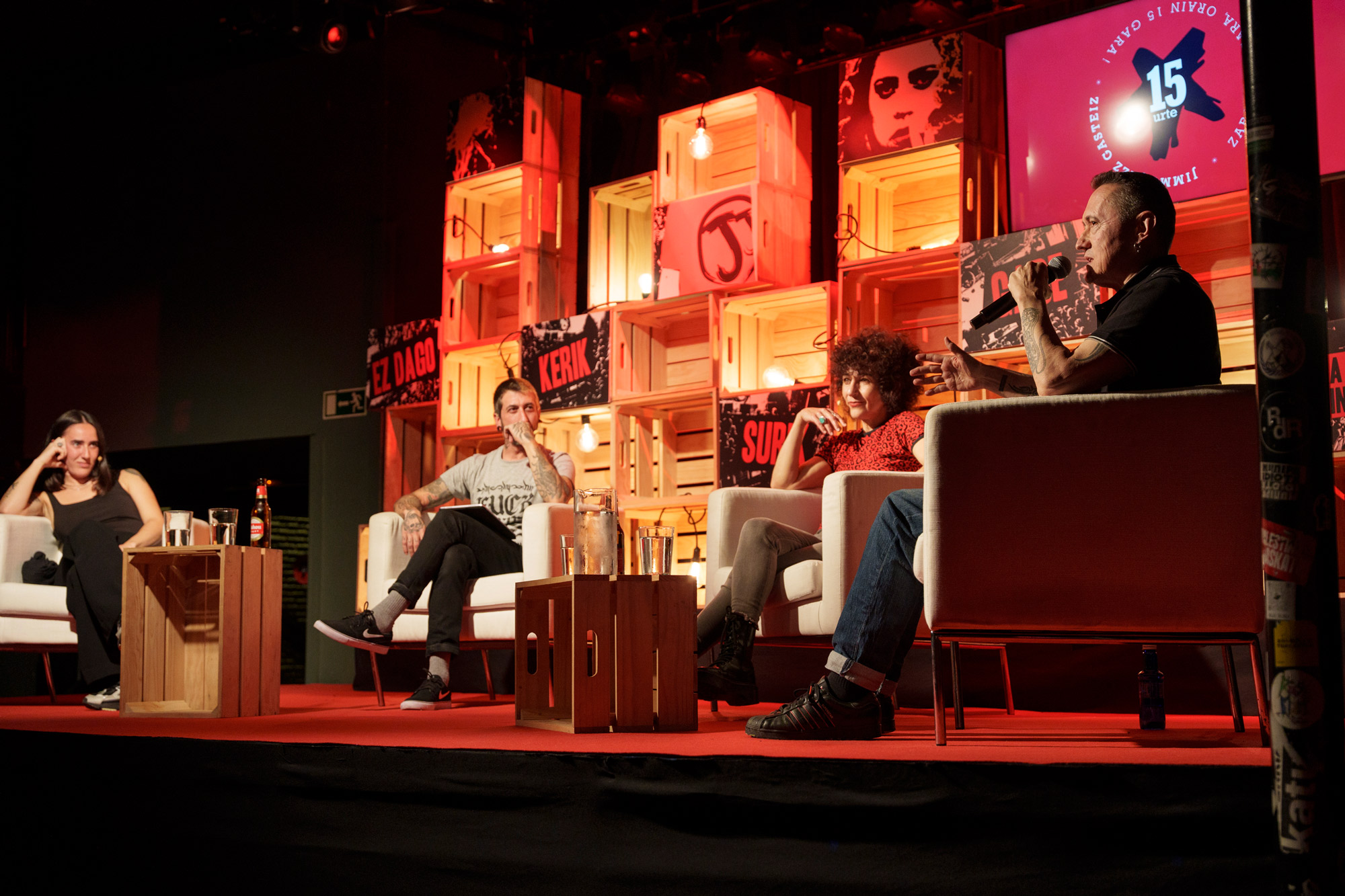
Although the debate on the relationship between art and politics is long-standing, it has not been exhausted, it has been updated and adapted to the time. How does each of the rapporteurs understand this?
“There have been two main currents to address this issue,” synthesized Mikel Cthulhu from Cosmic Tentacles Studio: “One who has seen art as a tool for fighting, and another who says that art should be done for art, without getting it dirty with politics. We know, however, that behind art there is always political intention, in one way or another”.
The playwright Belén Nevado speaks from her own experience. The theater has been for him “a tool for deconstruction”, with the objective of generating creative ideas that stimulate reflection through imagination. “Behind what is done there is always a message,” he says, but he is not conscious by chance. In her case, she did “what was leaving her bowels” and “feminists had to come to say that that was feminism.” He thinks that gave him a direction.
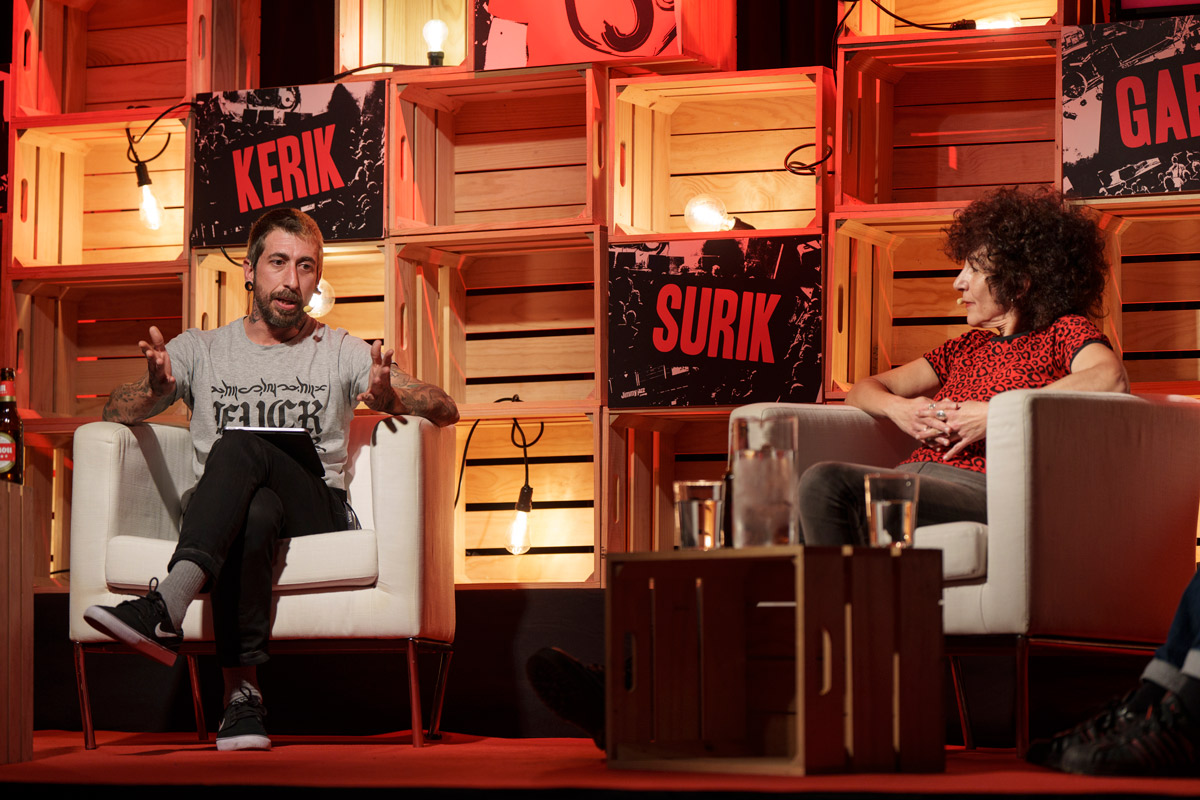
As for the music, according to Kattalin Barcena, by J Martina, although we live “very depoliticized times”, the music that is made is not at all apolitical, “it is more than ever integrated into capitalist or non-revolutionary ideologies”. Therefore, there is no music that is not political, in your opinion. Moreover: “In the artistic process you have to make decisions at all times, what to say, with whom to sign, etc., and all those decisions have political consequences.” What must be distinguished is, therefore, the music that emerges from consciousness and political commitment, and the one that does not, that has no vocation for it.
“Those who say they don’t position themselves reproduce the voice of their boss,” said musician Fermin Muguruza. It considers the idea that nobody, except politicians, should be involved in politics, with examples demonstrating the opposite that history is sewn: “All the movements that have contributed to the transformation of society have had their own soundtrack, there is nothing more to see Congo, Jamaica, Algeria, South Africa…”.
Fermin Muguruza: "We are suffering a brutal cultural offensive, such as the movie 'The Infiltrate'"
Another time
However, all the rapporteurs have said that we are in another time and that, as society has changed, today’s creative processes and artistic experiences are in a different way. Cthulhu feels that we live a “big noise” because of the influence of social networks, among other things, and that we have many reasons to be pessimistic. Nevado also said, in reflecting, that he sees the black world. It gives you the feeling that we live in the moment, that everything happens fast, without leaving a mark.
Barcena describes the general feeling of his generation: no future, no skies that can improve things, no collective projects on the street. And that influences music, of course. If there is no collectivity in society, each generates of himself: “This or the other happens to me, I give my opinion or position myself at a certain time.” But music doesn't reflect a collective's project. “Now it’s up to us to think about how to do it, to use political and artistic imagination, to know historical references.”
Muguruza is also disappointed by the people of his generation. It has always been against nostalgia, but since his brother's death he has confessed that he likes to remember things and previous struggles: What happened to Scar in Vitoria-Gasteiz, how the young people who were there cast the police back for attacking the alternative parties… However, he says he will never say that the past is always better: “By no means, the best is yet to come.”

And what comes from us?
In this sense, Muguruza has referred to the joy brought by the new generation that is making music in Euskera, and the emotion is noted in his voice. “In the 1990s we made a seal for groups of all styles to have the opportunity to sing in Euskera, and it’s exciting to see the scene now and feel that the alternative circuit is strong.”
Barça has also been pleased with the decision of the Spanish team. “However,” he adds: “We cannot forget what the groups that are filling BEC in Euskal Herria are doing; to say nothing, in this context, is to create false hope for people, to promote false positivism.” Nevado has also expressed his anger because he believes that frivolity has triumphed, that we live too comfortably. With everything that is happening and, in particular, with the genocide against the Palestinians, he does not understand how it is possible that “not everything has stopped”.
Muguruza lives with illusion, for example, at J Martina's concerts, seeing people singing and dancing, and she says that that force has to take us: “We have to listen to the next generation.” He believes that community and life must continue to be celebrated, and that music plays such a vital role in it.
There are also challenges. Twenty years ago, Muguruza made, for example, Bibang Africa, originally from Equatorial Guinea, black music, and they were happy, as Muguruza remembers, because they thought that was what was going to come to Basque music. “That’s what Basque music lacks, we haven’t managed to add up all the cultural diversity in Euskal Herria.”
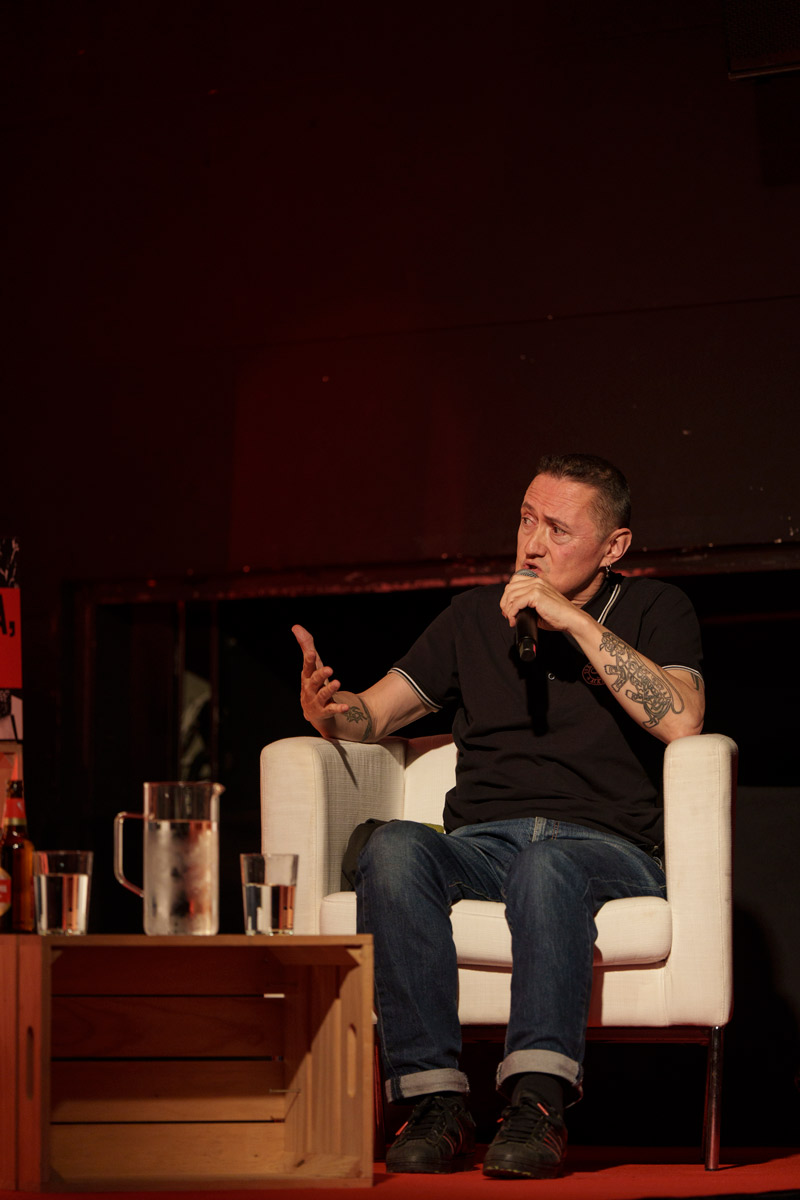
What can be said and what not, who decides?
The rapporteurs have talked about cases of censorship and repression. Cthulhuk has wondered whether the ECHR shows an "obvious weakness" in state structures. For Barcena, however, we do not have the ability to defend ourselves. “And the most serious thing is prison,” he added, “but censorship is normalizing the lack of freedom of expression in common sense.” Muguruza has also denounced the “brutal cultural offensive” that we are suffering, especially in film, and has set as an example the film La Infiltrada.
Kattalin Barcena: "We cannot forget what the groups that are filling BEC in Euskal Herria are doing; not to say anything, in this context, create false hope for people, promote false positivism"
Art also serves to bring out contradictions and taboos within the community. Nevado knows that well. In a play, a rosary who had spotted the blood of menstruation seemed round: Get your rosaries out of our ovaries! He says he was surprised by the reaction of the people, that even the punkers and the militants, apparently, felt “excessive”.
Potentialities and impossibilities of art
So things, what do you do? Mikel Cthulhuk believes that “capitalist realism” must be highlighted and that art has an advantage in comparison to politics or philosophy, because it appeals more directly to imagination and emotions. For Bárcena, art also serves for agitation, for feeling rage, for strengthening the collective, and it is necessary. But art itself doesn't change things, it takes a broader approach. “Things change in political organization and art has to help that movement,” said Barcena.
Along the same lines, Muguruza recalled what a Palestinian music group said in an interview: “You know that music will not stop the machinery of war, but you repeat the famous phrase of Bertolt Brecht, ‘In the dark time, will we sing?’ Yes, we will sing about the dark time.”
Vagina Shadow(iko)
Group: The Mud Flowers.
The actors: Araitz Katarain, Janire Arrizabalaga and Izaro Bilbao.
Directed by: by Iraitz Lizarraga.
When: February 2nd.
In which: In the Usurbil Fire Room.
Puntobobo
Itxaso Martin Zapirain
Sowing, 2024
----------------------------------------------------
The title and cover image (Puntobobo, Wool Bite and Rag Doll) will suggest mental health, making the point and childhood, but more patches will be rolled up as the book... [+]
This wedge that the announcement on the radio Euskadi to replace the bathtub with a shower encourages the commencement of the works in the bathroom of the house. A simple work, a small investiture and a great change are announced. There has been a shift in toilet trends and a... [+]
Duela hemeretzi urte berpiztu zen libertimenduen usadioa Donibane Garazin. Antton Lukuk abiatu zuen mugimendu hori, eta bi hamarkadetan, Ipar Euskal Herriko herri desberdinetara ez ezik, Hegoaldera ere hedatu da.
Arizona
Actors: Justin Garfield and Jon Plazaola...
WHEN: January 26th.
IN WHICH: The New Culture Center. In the square.
-------------------------------------------
The couple Margaret (Aitziber Garmendia) and George (Jon Plazaola) leave Idaho to guard the border between... [+]
Opera 'Tristan und Isolde'
Bilbao Symphony Orchestra. Directed by: Assisted by Erik Nielsen.
The Bilbao Opera Choir. Directed by: Assisted by Boris Dujin.
The stage director: To the Allex Eagle.
The soloists: I'm talking about R. Assisted by Nicholls, G. By Hughes Jones, M. The... [+]
Party and recreation. Oral History of Rock Radical Vasco
Javier 'Jerry' Corral
Books, 2025
------------------------------------------------
Javier Corral ‘Jerry’ was a student of the first Journalism Promotion of the UPV, along with many other well-known names who have... [+]
Itsasoa bete urre
Dani Martirena
Irudiak: Ana Ibañez
Txalaparta, 2022
--------------------------------------------
Liburu honetara barneratzen den irakurleak sentsazio ugari izango ditu. Deigarria da azaleko letren urre kolorea eta zuritasuna, goialdean ageri den... [+]









